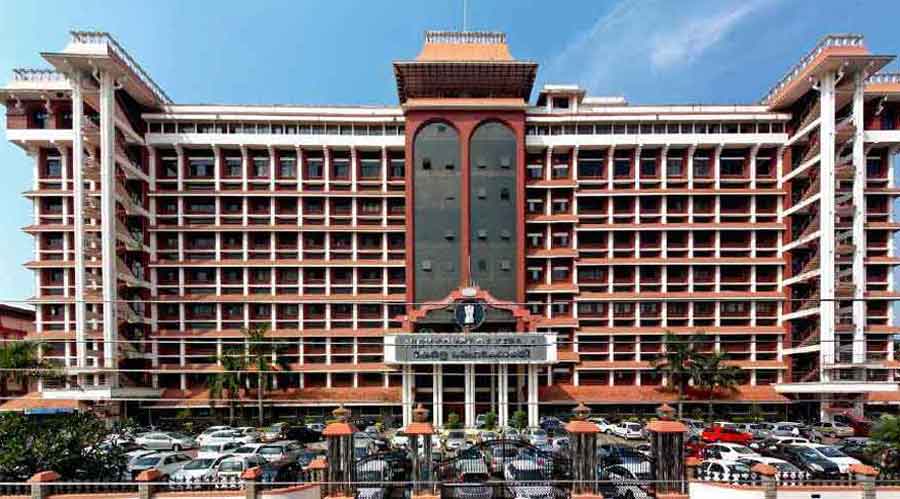Kerala High Court has called for generating awareness among school students on the drastic consequences of the Protection of Children from Sexual Offences (Pocso) Act and its legal implications on minor offenders.
While adjudicating a bail application in a related case, Justice Bechu Kurian Thomas expressed concern at the rising incidents of sexual abuse committed by teens who didn’t realise the consequences of the Pocso Act.
“This court is witnessing an alarming rise in the number of sexual offences being committed on school children. In many cases, the perpetrators of the crime are either students or persons young in age, and the alleged crime a result of relationships that went beyond platonic love,” the court observed in its written order on Wednesday.
“Unmindful of the consequences, teenagers and adolescents indulge in sexual relationships. By the time they realise the consequences, it would be too late in the day. A meaningful life could practically be snuffed out by an immature or negligent act arising out of human curiosity or biological cravings, which psychologists regard as natural,” the court noted.
The court suo motu impleaded the state of Kerala, the Central Board of Secondary Education and Kerala State Legal Services Authority with a direction to generate better awareness on the statutes concerned in schools in the state, pointing out that students in most cases were unaware of the consequences.
“Punishment of the offender is only one while prevention is another. The latter purpose will be achieved only if consciousness and awareness of its provisions are created from the schools itself,” the court stated, calling for creating awareness about the law in schools by including lessons on the provisions of Pocso Act and Section 376 (rape) of the IPC.
“Young children, irrespective of gender, indulge in such acts, unmindful of the drastic consequences that await them. The amendments brought into the Indian Penal Code, 1860 and the enactment of the Protection of Children from Sexual Offences Act, 2012, envisage very harsh consequences for such offensive acts.
“Unfortunately, the statute does not distinguish between the conservative concept of the term rape and the sexual interactions arising out of pure affection and biological changes. The statutes do not contemplate the biological inquisitiveness of adolescence and treat all ‘intrusions’ on bodily autonomy, whether by consent or otherwise, as rape for certain age group of victims,” the court pointed out.
The court further noted that the state had failed to impart awareness to children.
“The educational machinery of the state has fallen woefully short in imparting the required awareness to the young children about the heinous crimes and its consequences.”
The court expressed concern at the rising instances of child sexual abuse while adjudicating the bail application of Anoop, 23, who was arrested for impregnating a minor in January this year. The court granted conditional bail to the accused after the survivor, who was abandoned by her parents after the incident, expressed her love for him and intention to marry him once she attained majority. His parents had filed affidavits assuring the court they would take care of the child and would get their son married to the survivor.
Chairperson of Kerala State Commission for Protection of Child Rights K.V. Manoj Kumar welcomed the court order and said awareness about the law had become pertinent among school students and the state had already taken the first steps before the pandemic slowed down the process.
“This is a very good order. The government will have to abide by the court order and include provisions of the law (Pocso and IPC 376) in the curriculum,” Kumar told The Telegraph on Saturday.
The committee he heads has been engaged in conducting ward-level training for teachers, panchayat members, child protection officers, Anganwadi workers and Kudumbashree (a state government women empowerment scheme) members about the protection of children from sexual abuse.
“But for the pandemic we would have already completed the training, which we now hope to complete by September. Having completed district-level training, we are launching block-level (block is a smaller revenue division in each district) sessions. We are setting up child rights help desk in each panchayat to ensure the project covers every corner of the state,” Kumar said.
Tejashwini S. Gowda, a child rights activist based in Bangalore, lauded the court order and said every state must go for such awareness programmes in schools. “Children should be educated about the law and their implications once they are 12 years old. So by the time they attain puberty, they should know about the law and why it is important to abide by them,” she told this newspaper.











